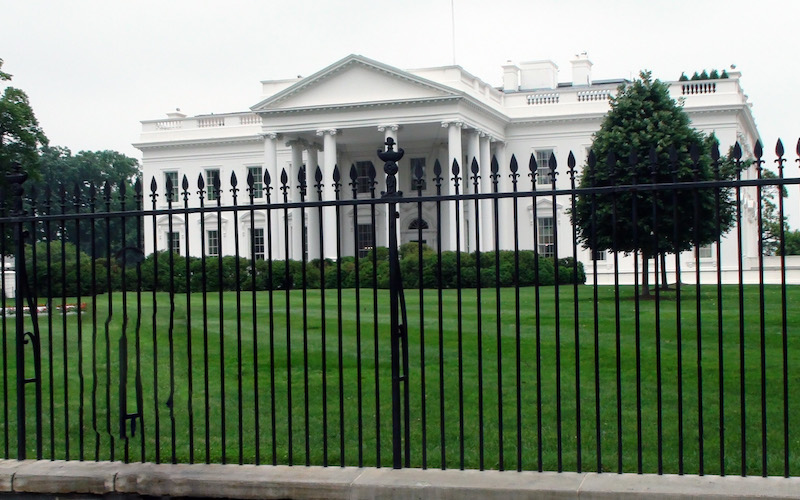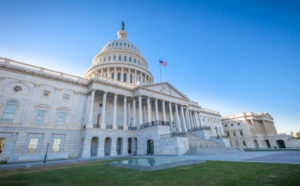
Analysts debate the possible future ramifications of the Trump Administration’s deregulatory efforts.
In 2017, President Donald J. Trump issued Executive Order 13,771, which created a regulatory budget constraint by requiring federal agencies to eliminate two regulations for every new significant regulation issued. This order also placed specific limits on the total costs that new regulations could impose on industry. But just how effective have these regulatory budgeting efforts been? And what, if any, lasting effects will they likely have?
Earlier this year, The Regulatory Review published two essays—one by Bethany Davis Noll and Richard L. Revesz of New York University School of Law, and another by Amit Narang of Public Citizen—both of which discussed the Trump Administration’s deregulatory efforts and their likely impact on future regulatory decision-making. Narang concluded that Executive Order 13,771 has been a “categorical failure.” Davis Noll and Revesz, by contrast, argued that three different types of regulatory actions pursued aggressively by the Trump Administration would likely be used in the future by other administrations: regulatory disapprovals under the Congressional Review Act; suspensions of final rules; and requests for courts to stay rules pending litigation.
After The Review published these two essays, William Yeatman, a research fellow at the Cato Institute, submitted an essay responding to Narang and to Davis Noll and Revesz, offering to provide a “fuller historical record” about what Yeatman sees as the Trump Administration’s real regulatory legacy to date. Following The Review’s standard editorial practice, we allowed Davis Noll and Revesz, and Narang, to respond to Yeatman. The complete exchange of essays follows, offering varying viewpoints of what the Trump Administration has accomplished with its deregulatory initiatives.
Regulatory Rollbacks Have Changed the Nature of Presidential Power
March 16, 2020 | Bethany A. Davis Noll and Richard L. Revesz, New York University School of Law
The Trump Administration has ushered in a new era of aggressive regulatory rollbacks that is likely to become an enduring feature of American politics and to radically change the nature of the presidency.
Trump’s Regulatory Budgeting Experiment Has Categorically Failed
March 23, 2020 | Amit Narang, Public Citizen
Three years after the order’s implementation, President Donald J. Trump’s 1-in-2-out regulatory budgeting has been an abject policy failure on multiple levels. The only purpose of the order has been symbolic messaging.
A Fuller Picture of the Trump Administration’s Regulatory Agenda
May 25, 2020 | William Yeatman, Cato Institute
Although Bethany Davis Noll and Richard Revesz’s essay and Amit Narang’s essay provide important insights, each is incomplete. Having made regulatory reform a first-term issue, the Trump Administration has had the wherewithal to insulate certain priorities—especially guidance reform—from a reversal should President Trump lose in 2020.
Undoing the Regulatory Policies of the Trump Administration
May 26, 2020 | Bethany A. Davis Noll and Richard L. Revesz, New York University School of Law
William Yeatman wrongly attributes to us the view that the Trump Administration “has been too effective in rolling back Obama-era rules.” We argue, however, that the Trump Administration has been unusually aggressive in its use of regulatory rollbacks and has provided its successor with a roadmap to undo its many poorly supported policies.
President Trump’s Regulatory Process Changes Will Not Stick
May 26, 2020 | Amit Narang, Public Citizen
William Yeatman’s belief that other changes will have greater durability ignores that those changes have more in common with Executive Order 13,771 than he realizes. Given how badly President Trump’s regulatory rollbacks have fared both in the court of law and in the court of public opinion, it is likely that most of the regulatory policies adopted by the current Administration will not last long.



